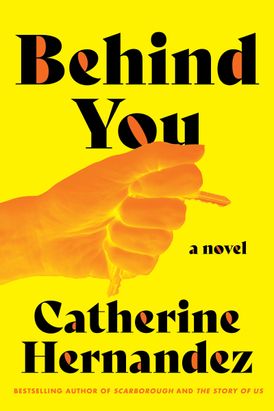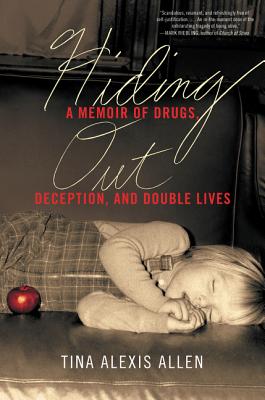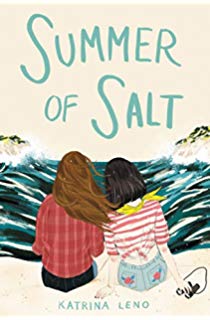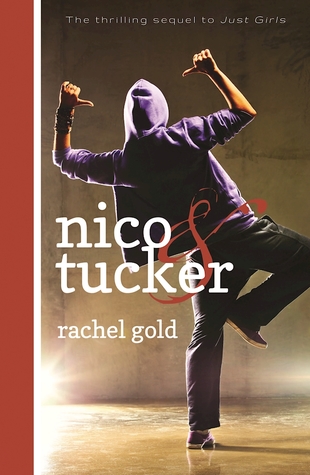Amazon Affiliate Link In her new novel, Catherine Hernandez weaves gripping suspense and affecting emotion into a story of trauma, survival, and healing against the backdrop of one of Canada’s most terrifying historical events. Behind You (HarperAvenue 2024) follows Alma, a Filipina woman working as an editor for a true crime series called Infamous, which features sketchesRead More
Cell Block Tango, the Thriller Novel: Speak of the Devil by Rose Wilding
Buy this from Bookshop.org to support local bookstores and the Lesbrary! Rose Wilding’s Speak of the Devil is a thriller with a simple premise: seven women (three of them queer) had very good reasons to murder Jamie Spellman, but only one of them left his decapitated head in an abandoned hotel room. Which was it?Read More
A Pressure Cooker of a Childhood: Hiding Out by Tina Alexis Allen
Buy this from Bookshop.org to support local bookstores and the Lesbrary! Usually, I review novels for this blog, ideally young adult or middle grade speculative, and that’s representative of my reading choices. This adult memoir is outside the norm for me. I can’t very well review it as an expert. So take my dabbler’s opinionRead More
Maggie reviews Girls of Paper and Fire by Natasha Ngan
Content Warnings: Rape, kidnapping, physical violence Girls of Paper and Fire by Natasha Ngan is a YA fantasy about Lei, a Paper Caste girl, who is forcefully taken from her family by the imperial guard in order to join the newest class of Paper Girls. Paper Girls are the most beautiful paper caste girls in theRead More
Marieke reviews Summer of Salt by Katrine Leno
[this review contains plot spoilers and discussion of rape] The first half of this novel reads like a landscape painting and the second half reads like a murder mystery featuring an emotional climax, with a sweet but slightly underdeveloped romance sprinkled throughout. In a town on a small nondescript island, magic and salt are alwaysRead More
Danika reviews Nico & Tucker by Rachel Gold
When Being Emily by Rachel Gold was published in 2012, it was one of the first YA novels to be from the point of view of a trans girl (although it was not own voices). Similarly, Nico & Tucker is representing a segment of the LGBTQIA+ community not often seen in media: nonbinary and intersex people. Nico isRead More




